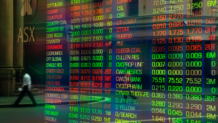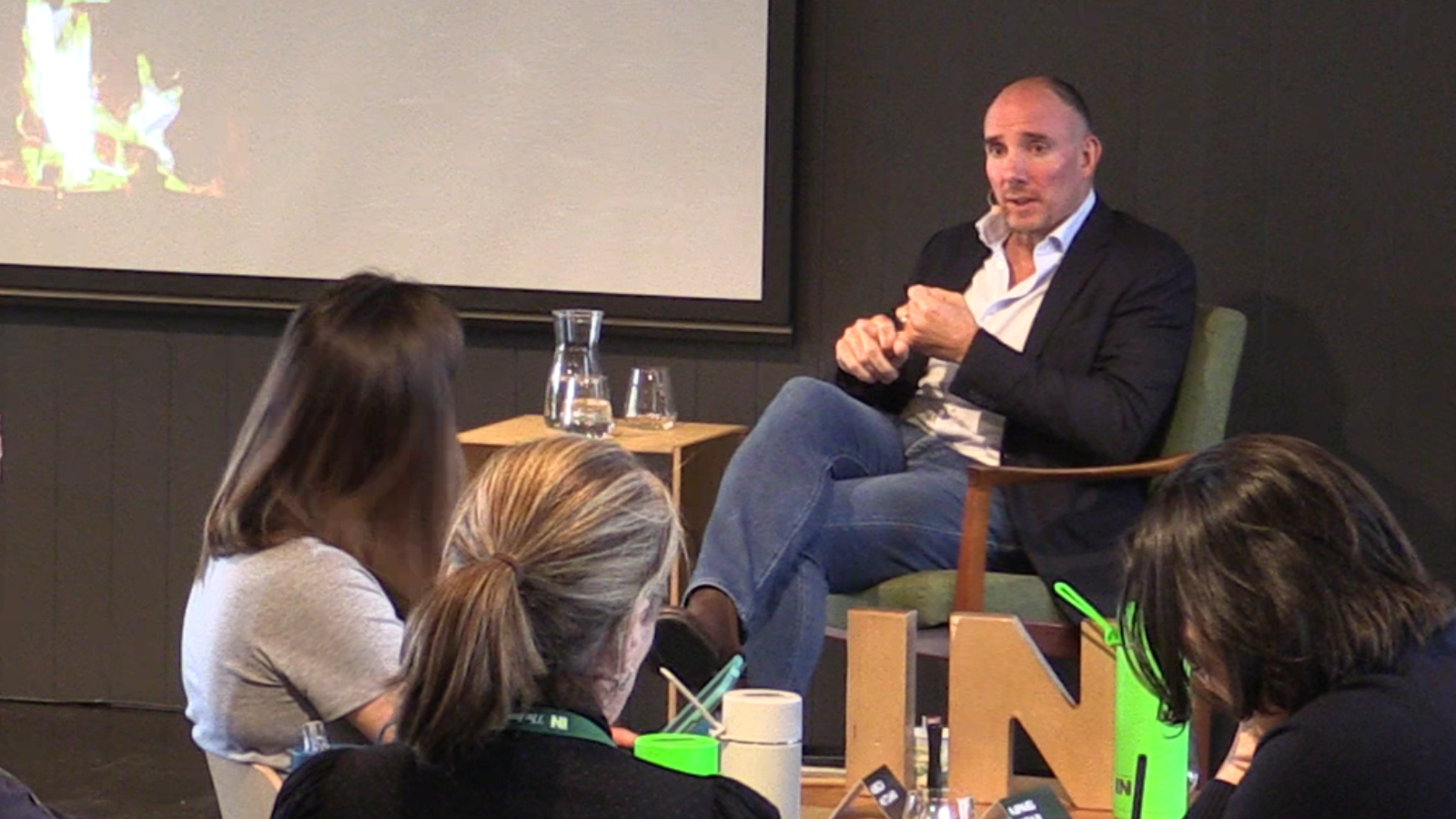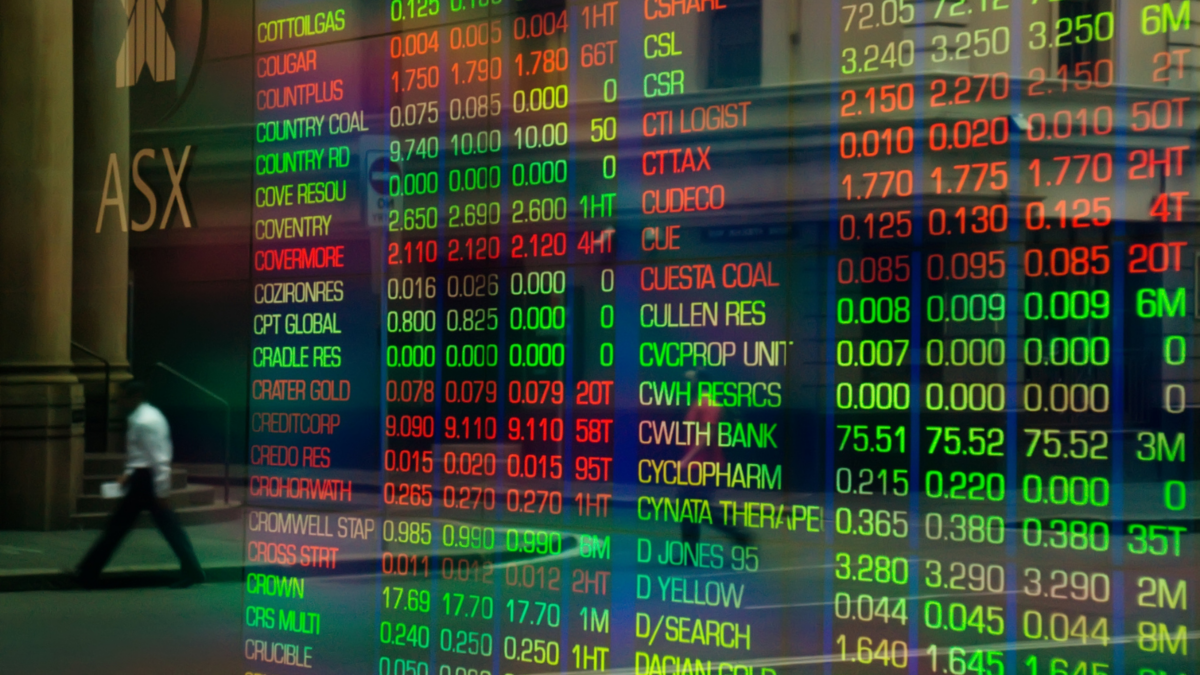Funding the energy transition is all about the up-front spend. Then what?
The world is facing a monumental challenge in achieving net-zero emissions, with trillions of dollars and a massive infrastructure investment needed to get countries across the finish lines. The upshot is, energy’s likely to cost next to nothing in 20 years, according to ClearBridge Investments’ Nick Langley – and that has deep economic implications.
With countries already falling behind on their transition plans, particularly as they play catch-up on setting up the required infrastructure, an unprecedented scale of engineering and building are required for the world to reach its net-zero commitments. This massive investment will create a unique financial burden, said Langley, senior portfolio manager at the global equity manager, who described an unstoppable process that still has major question marks overhanging it.
Langley was speaking at The Inside Network’s recent ESG Retreat in Tasmania, providing a build-side perspective of infrastructure requirements involved in the transition. A concerning truth he sought to drive home involved a balance between investment in the renewable sector now and the fact that those investments are building toward a future where energy is nearly free.
Asked about the practical policy steps needed to help the transition along, Langley explained that the “broad thrust of public policy” is to “move everything that you can – anything that uses energy – to electricity, and then power the grid with as much renewables as it will take”.
Governments are tackling this by investing capital in electricity grids and by adding to their solar and wind capabilities, while finding a way to “keep the lights on when the sun is not shining and the wind is not blowing”, he said. “There are real challenges in all of that, but governments are forging ahead.”
The challenge around who pays for what in this massive food chain is “where the S hits the E” in ESG, Langley said.
The energy transition will cost about US$100 trillion over the next couple decades. That means electricity will become more expensive initially, pushing the price of everything up. Ordinary people will either have to pay higher utility bills or pay for the transition through taxes.
But as we add more renewables to the grid, the wholesale electricity price will go down, he noted. This is already happening in Victoria, where growing solar penetration has increased the share of each day when electricity prices were in the negative, from 10 per cent of the day to 26 per cent, lowering average electricity prices to $57 from $74 per month.
“For a wind farm or a solar farm, all the cost is up front; once it’s in the ground, it costs just about nothing to run,” Langley said.
“Within 20 years or so, I think that our wholesale electricity price will be close to zero. So you’ve got to think about what that’s going to do for society – it’s going to create an enormous productivity boom.”
If governments instead cover the up-front costs, it’s through either higher taxes or government borrowing, leading to increased debt-to-GDP levels and thus borrowing costs. Either way, individual investors and their retirement outcomes are affected.
“Our issue is that, right now, we need fossil fuels – unless you’re happy for the lights to go out when there’s no sunlight,” Langley said, noting that there will be vast amounts of capital going into the space and a huge initial kit bill, but within decades, electricity will be free. That spells trouble for asset owners.
“There are no easy outcomes here,” Langley said. “There are winners and losers along the way, and ultimately society will be a winner out of this. But the path between here and there is fraught with difficulty, and, frankly, there are no easy decisions for governments and others to make. If we stop subsidising fossil fuels today, the lights go out.”











